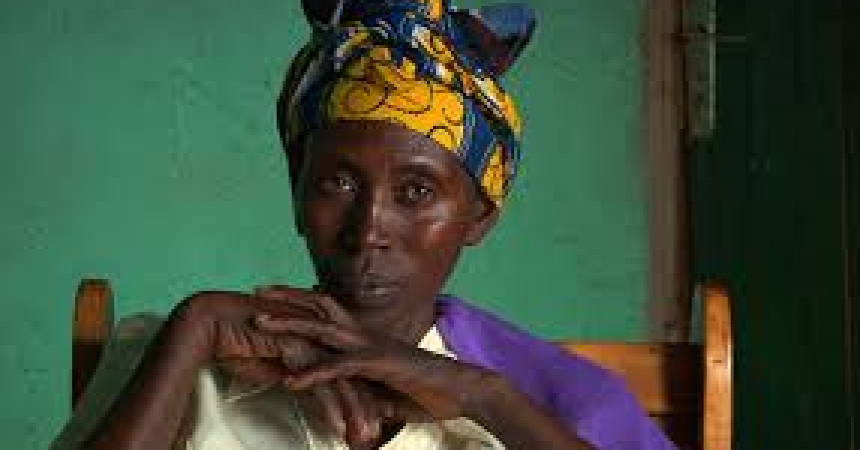
Rwandan genocide survivors and their gift to all women, seen in new film

Special to the Outlook from Trice Edney News Wire
The outlines of the Rwandan genocide are known by many. The time it took place (April to July 1994), the troubling silence of the international community, the number of those brutally murdered (as many as 800,000 mostly of the Tutsi minority and some Hutus) and the ever-debated questions – what could turn a people against their neighbor with a cruelty that was both devastating and inhumane?
The story that is less known is the one of the Rwandan women who initially remained silent during the early days of the post-genocide investigations. The crime they had suffered – rape – had never been talked about – nor given the same kind of concern as other crimes. It is not expressly stipulated in the Genocide Convention on 1948, nor in the Rome Statue of 1998.
It wasn’t until their actions led to the path-breaking decision by the International Criminal Tribunal for Rwanda in the case named after Jean-Pierre Akayesu, the small-town mayor of Taba, that this “oversight” would finally be corrected.
In this stunning film, a group of courageous Rwandan women – genocide survivors – come to the realization that their testimonies could change the way rape is viewed, not only in Rwanda, but in every part of the world. Its perpetrators would no longer be the “uncondemned.” They agree to testify.
Rape as a war crime has been on the books since 1919, but was never prosecuted. “In international criminal law, the Akayesu case is as important as Brown v Board of Education,” said Patricia Sellers, a special consultant to the International Criminal Court and international tribunals expert, and among those interviewed in the movie.
“The fact that you had rural women from Rwanda, who had no electricity, no running water,” recalled prosecuting attorney Pierre Prosper, who came from Los Angeles where he prosecuted gang murders before heading to Rwanda in 1994, “and they were able to change the landscape of not only international criminal law, but of legal theory and principles. To this day, when people study rape and sexual violence in time of war, they study the story of these women.”
“We were representing women everywhere,” said Victoire Mukambanda, one of the survivors. “It is important to know that rape is a crime, that is punishable nationally, in Africa, and internationally… That’s why we did it.”
The Uncondemned will be showing at the Human Rights Watch Film Festival on June 11 at the Walter Reade Theater and on June 12 at the IFC theatre. The Festival runs from June 10-19. For more information, visit the website: ff.hrw.org







